Reports on Programs and Departments
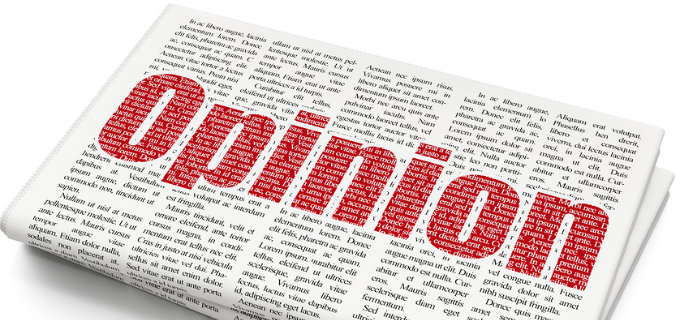
This WID project develops an Opinion-Editorial (Op-ed) module for Introduction to Political Science courses. As part of the ongoing Social Science program revision, our department expressed a willingness to diversify the type of writing exercises available for students in introductory classes. Our assignments typically have students address political events and debates from the outside, using the lenses of our discipline to understand the political world. But our role as political science professors is also to encourage and coach students toward civic participation.
This is where the Op-ed assignment comes in. It invites students to become political actors. It allows students to leverage their newly acquired academic competencies in response to current events. As such, it directly complements the core concepts and theories of our discipline which are introduced during the semester.

Ce cours est à la fois le résultat d’un parcours pédagogique et personnel. Sur le plan personnel, je suis passée moi-même de la conviction que bien écrire coïncide avec la maitrise du style académique (ce « lit de Procuste » qui me laissait sur ma faim et qui me donnait l’impression, à la fin de chaque expérience d’écriture, d’avoir raté mon rendez-vous avec la littérature) au désir de m’exprimer à travers la création littéraire.
Annexe 1 Qu’est-ce-que la litterature?
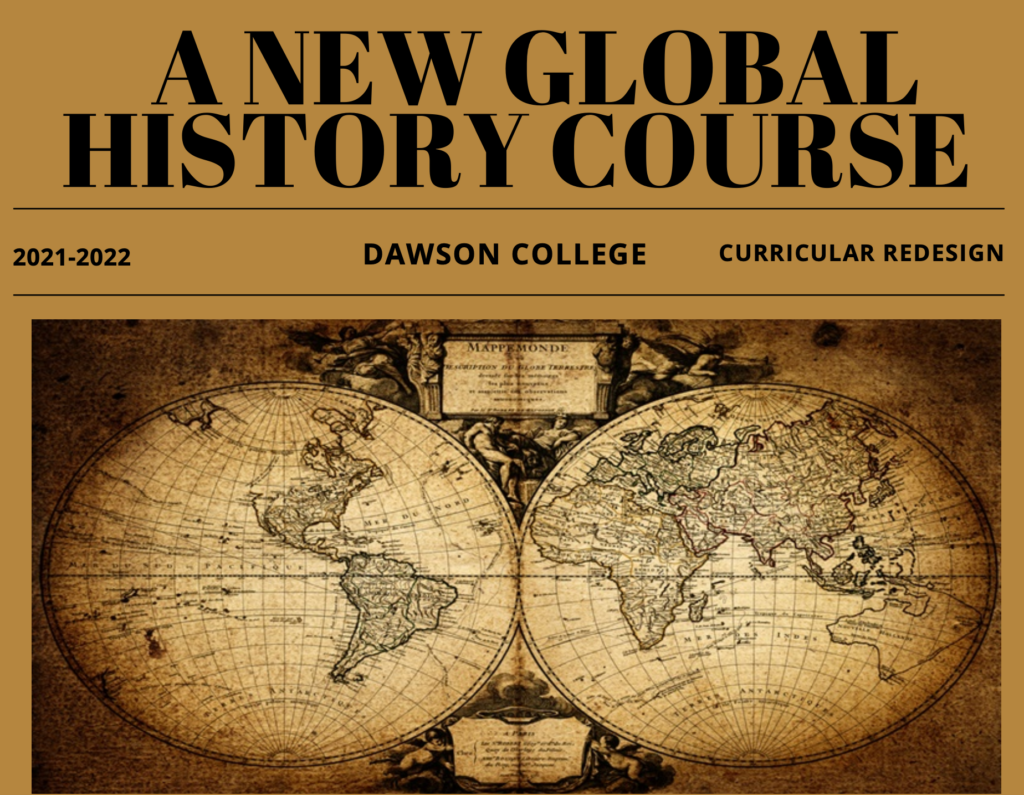
In Fall 2021, Catherine Braithwaite led a team of History Teachers in undertaking the massive task of designing a new “Global History from the 15th Century Onwards” class. This class is replacing “Survey of Western Civilization,” and will be obligatory for all Social Science Students. The team took a Backwards Design approach to the class–beginning with building a competency framework, determining learning outcomes, choose content, and looking forward to next steps. The team, which was made up mostly of WID Fellows alumni, put Writing in the Disciplines core concepts such as critical thinking, problem-solving, and building from personal experience at the fore of their work. Catherine’s report takes the form of an easy-to-read newsletter, complete with useful appendices. This document can serve as a handy template for other departments who must design a completely new course in a limited amount of time.

Could the streamlining of objectives in difference classes in Fine Arts lead to greater student success? And, how could a more evidence-based approach to critical thinking tasks in Fine Arts lead to greater student success? To answer the first question, this report looks deeply at course objectives in all Fine Arts classes and includes an interactive graphic that could serve as an “at-a-glance” reference point for the department. For the second question, this project leans on the example of the Ontario College and Art University Toolkit for including writing in Fine Arts classes. This resource led to the creation a Moodle resource page and ongoing departmental pedagogical meetings.

Our W2018 Cinema & Communication WID project has involved the production of an on-line ‘story space’ for teachers and students who are creating mixed platform, multimodal and multimedia environments. These environments can be characterized as interactive, non-linear installations. Myriam Rafla worked on the conception and development of an on-line “story-space” to be used by students interested in creating scripts for multimedia media environments. Cheryl Simon gathered theoretical, critical and archival literature investigating the creative possibilities of new modalities of media practice, and addressing the ethical, political and social aspects of working with and inhabiting a world of expanded media.
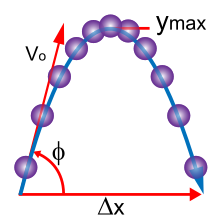
Physics labs in Dawson have traditionally been closely linked to the content seen in class, and, more often than not, formulated in a follow-the-recipe approach where students aiming at producing experimental data to verify well-known laws. This approach may not be effective in stimulating engagement or a reflective practice of the scientific method. This observation was the starting point for our WID project proposal. We developed and refined a list of skills that we wanted students to develop in the lab and identified several design principles that could guide the development of new labs, and used these principles to develop preparatory materials and videos for several new labs.
Physics WID W2017 Final Report

“If you want to build a ship, don’t drum up people to collect wood and don’t assign them tasks and work, but rather teach them to long for the endless immensity of the sea.”
-Antoine De Saint Exupery
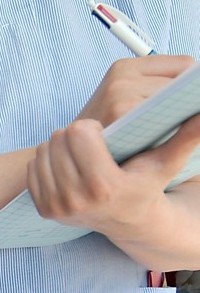
Graduates of all nursing programs in Canada are required to write a licensing exam at the end of their studies in order to practice their profession. In recent years, changes have occurred both within the nursing department at Dawson and external to the college that lead us to believe we needed to take a closer look at what we are doing as a faculty to help students get ready for this exam.
https://www.dawsoncollege.qc.ca/writing/wp-content/uploads/sites/196/Nursing-WID-Report-W2015F.pdf
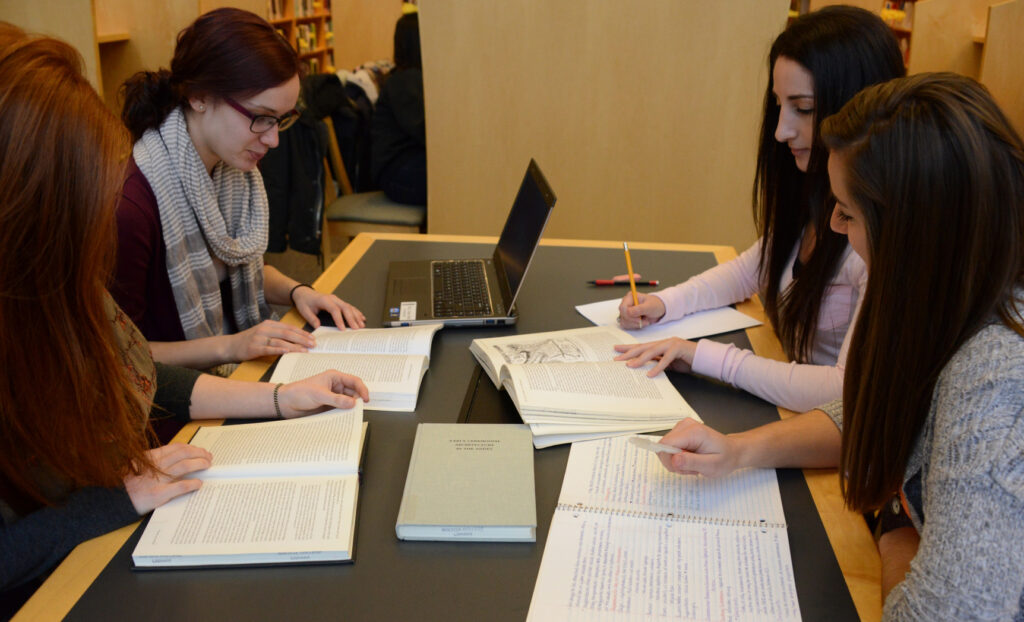
We scrutinized the current state of the Social Science Integrative Seminar (IS) course through the lens of Writing in the Disciplines (WID) scholarship and Ministerial requirements. We were supported in this project by the Dawson WID program in the form of course release and consultations with Ian MacKenzie and Anne Thorpe, WID Co-directors. IS serves as the capstone course for Social Science students, culminating in a Comprehensive Exam, which is typically composed of a scholarly research paper.
https://www.dawsoncollege.qc.ca/writing/wp-content/uploads/sites/196/FinalReportISWID2015.11May.pdf
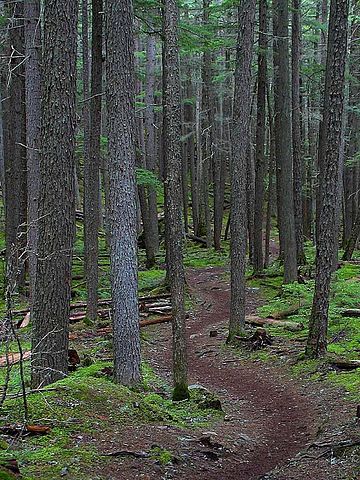
Student writing is instrumental in developing critical thinking about personal health choices, and in fostering an inquiry-based learning environment. In accordance with Ministerial competencies for students to “explore and meaningfully interpret” course information, the department has adopted reflective writing as a primary mode of writing in the discipline.


